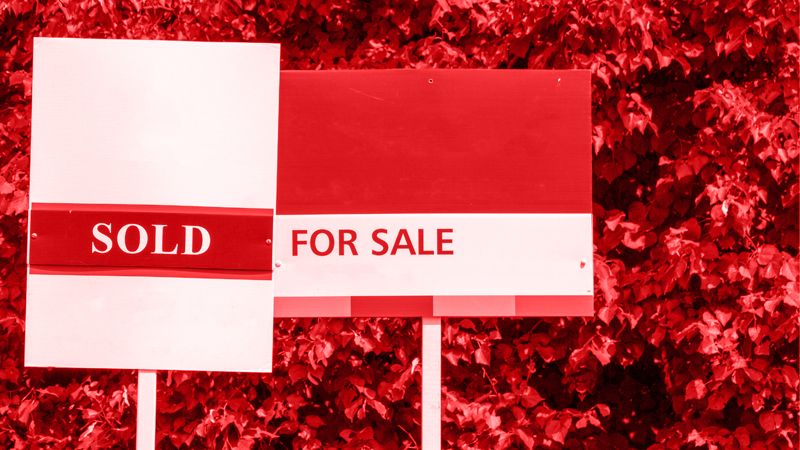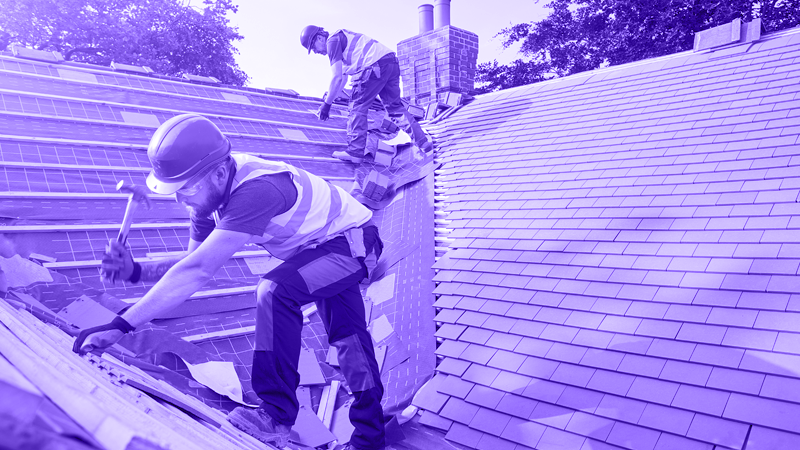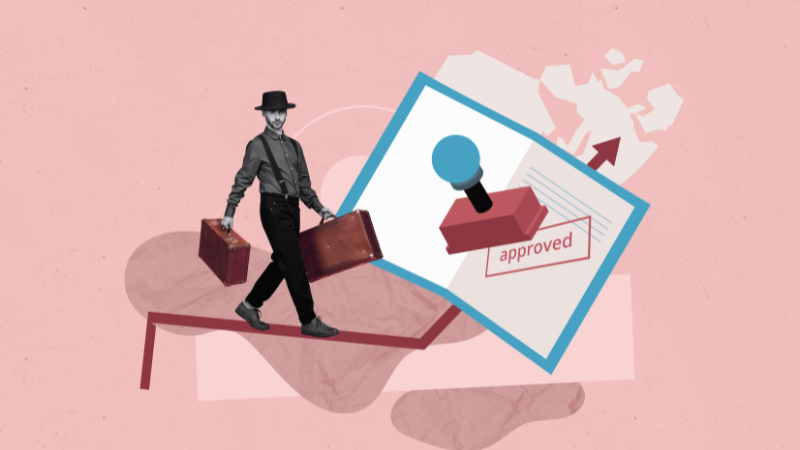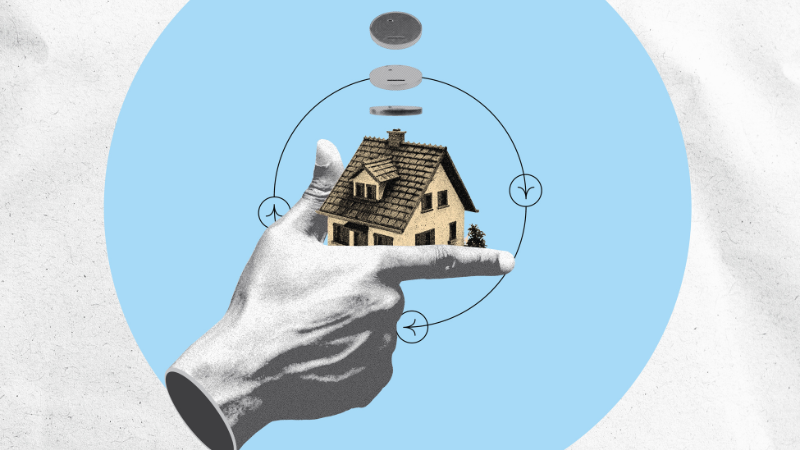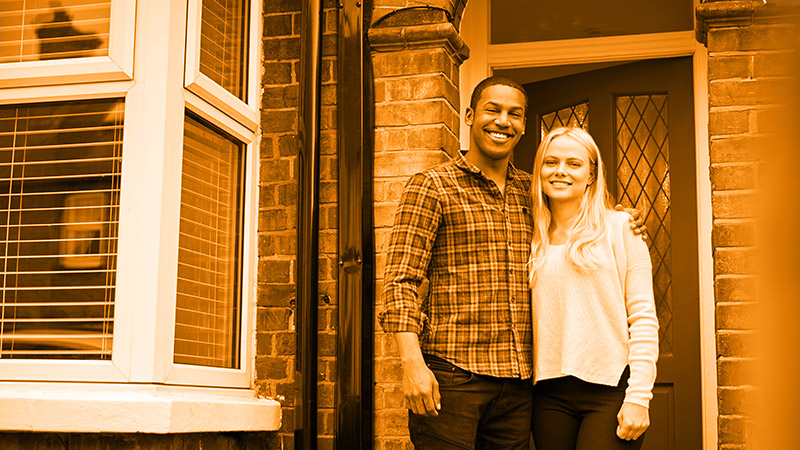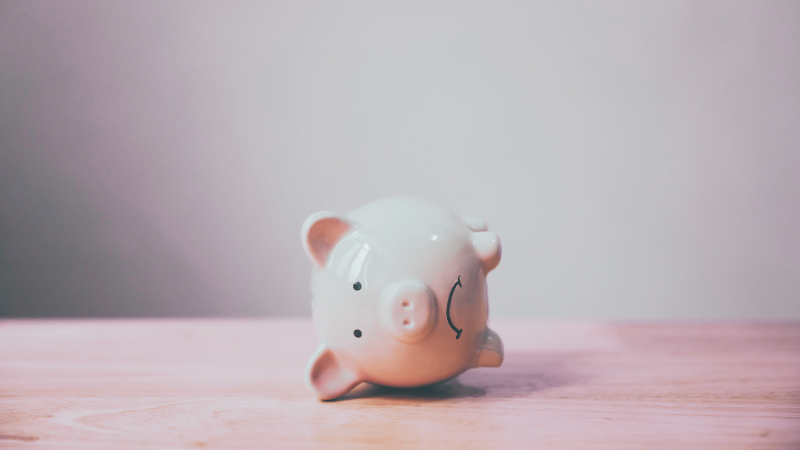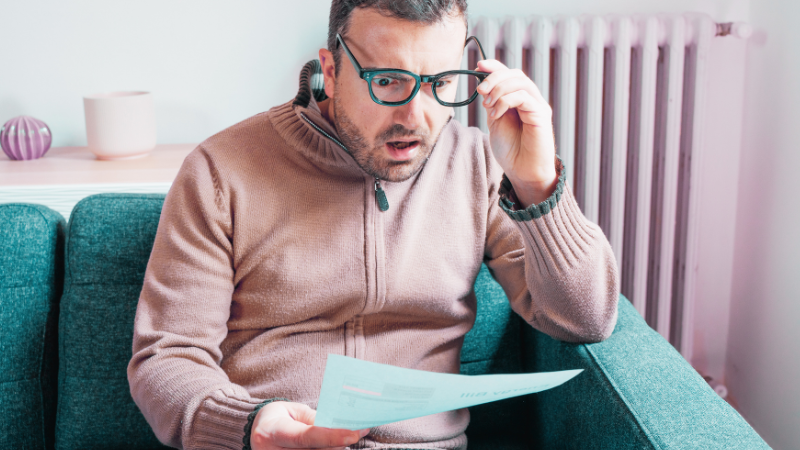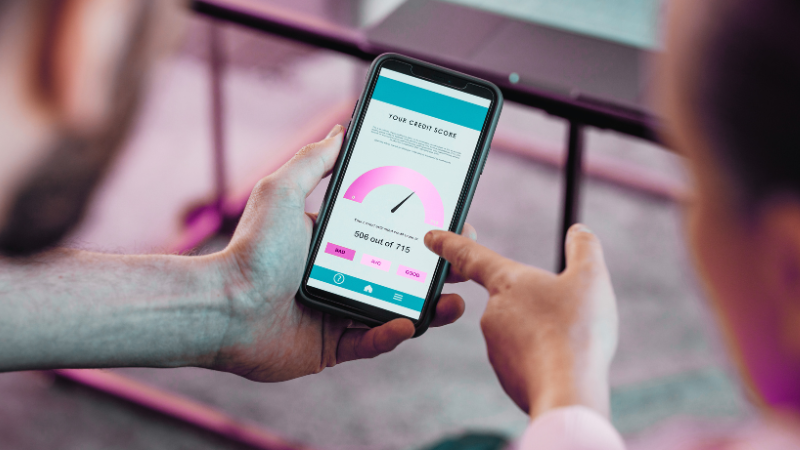Is it worth buying the Freehold of my House?


When purchasing a property, it's crucial to understand that in some cases, the homeowner may not own the land upon which the property is constructed. Therefore, during the property purchase process, it's essential to verify the ownership status of both the property and the land before making any commitments.
What is the difference between Freehold and Leasehold?
The fundamental distinction between leasehold vs freehold lies in the ownership rights of the land where the property stands.
- Leasehold – A leasehold arrangement means you own the property but not the land beneath it. This involves a contractual agreement between the freeholder (or landlord) and the leaseholder, granting property usage for a specified duration. Lease periods typically span 99, 125, 500, or 999 years, though durations can vary.
Leasehold ownership usually requires payment of ground rent. Once the lease expires, ownership reverts to the freeholder. This ownership structure is particularly prevalent in shared properties, especially flats.
The lease document outlines enforcement covenants, land access rights, maintenance responsibilities, and ground rent specifications.
- Freehold – Freehold ownership grants complete ownership of both the property and the land, with no time restrictions. While houses are traditionally sold as freehold properties, new-build developments may offer either freehold or leasehold options, making it vital to confirm the status.
Is it Worth Buying the Freehold of a House?
For houses, acquiring the freehold is generally advantageous when available. The benefits include greater property control, such as determining maintenance expenditure and choosing service providers, eliminating ongoing ground rent payments.
Another significant advantage is independence from landlord oversight. For those who’ve experienced challenging landlord relationships, this benefit can be particularly appealing!
However, when considering a freehold purchase for flats, several factors require careful consideration, including responsibility for communal areas and shared facilities.
Furthermore, there’s the complex matter that individual flat owners cannot purchase the freehold independently; all residents must agree to acquire their respective shares of the overall freehold.
Shared services, including maintenance and insurance, would still require payment. This necessitates establishing fair cost distribution systems, managing contribution collections from all parties, and selecting competitive service providers. The process requires careful coordination and agreement among all property owners to ensure smooth operation and management of shared responsibilities.

Eligibility of Buying the Freehold of a House
The Leasehold Reform Act 1967, commonly referred to as the ‘1967 Act’, establishes the legal framework for leaseholders to acquire the freehold of their property. In the context of leasehold vs freehold ownership, specific criteria must be met to qualify for freehold purchase. The primary requirements stipulate that the existing lease must be residential rather than commercial and have a minimum term of 21 years.
The property itself must satisfy certain conditions, including:
- For buildings divided into flats, there must be a minimum of two separate units.
- A minimum of two-thirds of the units must be under leasehold ownership (or both units in a two-flat property).
- The property cannot be part of a charitable housing trust, National Trust property, or cathedral precinct.
Once both the leaseholder and property meet these eligibility requirements, the next step involves determining the freehold value through a process known as Collective Enfranchisement or Freehold Enfranchisement.
Mortgageable offers a free Equifax Credit Report as part of its service, with no obligation to proceed. Something worth considering.
Costs of Buying the Freehold of a House
The calculation of freehold costs considers three primary elements:
- The property’s current market value.
- The annual ground rent payment.
- The remaining duration of the existing lease.
While the 1967 Act aims to ensure the equitable transfer of ownership from freeholder to leaseholder, various amendments have made the valuation process increasingly sophisticated. Professional guidance from solicitors and surveyors is typically necessary for an accurate assessment.
The 1967 Act outlines two distinct methods for property valuation:
- Original Valuation – This approach bases calculations on the site’s original value. Properties must meet specific value thresholds and satisfy the original low-rent test criteria to qualify for this method. (Reference: Section 9, 1 of the 1967 Act).
- Special Valuation – Properties not meeting original valuation criteria are assessed using this method, which incorporates a marriage value calculation. (Reference: Section 9, 1A/C of the 1967 Act). The marriage value represents the property’s increased market value following lease extension, with 50% of this value added to the freehold cost.
Related guides:
- Mortgage 5 times salary.
- Can you get a mortgage on land?
- Refurbishment mortgages.
- Part and part mortgages.
- HMO mortgages.
It’s important to note that the valuation method isn’t optional but rather determined by strict qualification criteria.
Given the complexity of freehold valuation calculations, professional expertise is generally recommended. However, online freehold cost calculators can provide preliminary estimates for those considering a freehold purchase. These tools offer a useful starting point for understanding potential costs, though they shouldn’t replace professional valuation services for final decisions.
Additional expenses when purchasing a Freehold include essential legal fees, property valuation charges, stamp duty, and any applicable Freeholder’s fees. Understanding these costs is crucial when weighing up leasehold vs freehold options.
Leases and Mortgage Lenders
Most mortgage providers typically require a minimum of 50 years remaining on a lease after the mortgage term concludes.
To illustrate, for a 30-year mortgage term, lenders would generally expect at least 80 years remaining on the lease. Should a lease extension become necessary, this can be arranged through negotiation with the Freeholder, though additional costs and legal fees will likely apply.
Is it worth buying the freehold of a house summary
Acquiring the Freehold of a property offers distinct advantages, particularly regarding control over maintenance expenditure. However, the journey from valuation to completion involves complex negotiations between the Freeholder and Leaseholder. Given these intricacies, it’s strongly advised to seek professional guidance throughout the entire process.
For personalised assistance, please call us on 03330 90 60 30. Our expert advisors are ready to discuss your options in detail.


